This is a synopsis of my trip to the Fresno Valley where I toured California farms and learned about the the impact of the water crisis. Sponsored by the California Farm Water Coalition.
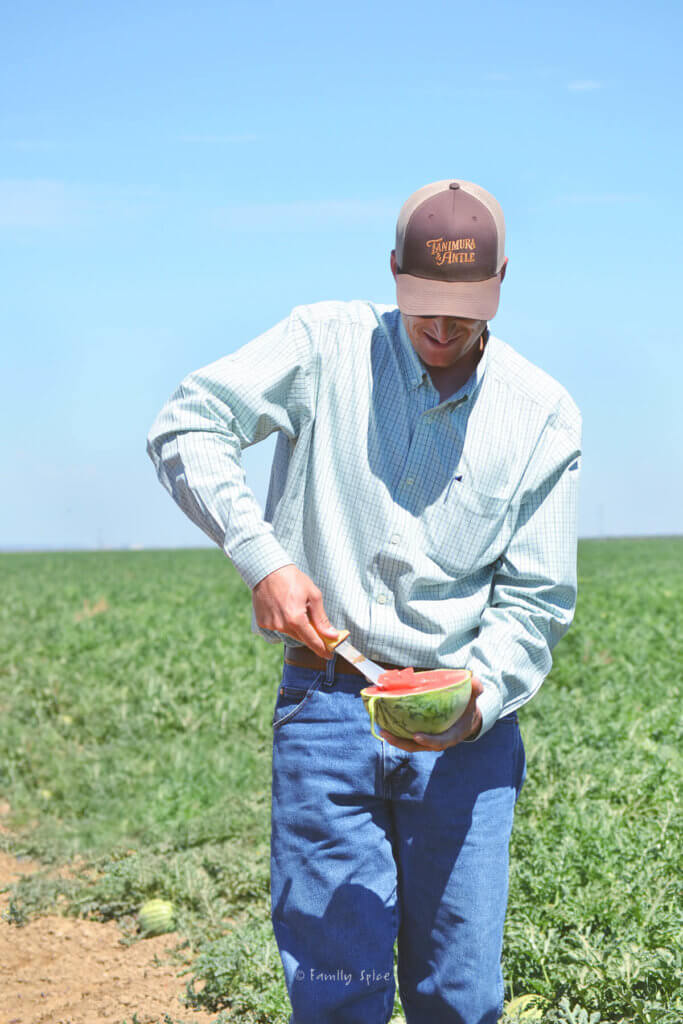
A few years ago I convinced my husband to dig up some of our lawn so we could have a vegetable garden. I wanted to teach our kids that food doesn’t magically appear at the grocery store. Last week I shared with you some of our successful summer harvest, but we didn’t grow enough to replace the grocery store.
This summer is our fourth year having a vegetable garden. It does not come easy to us. My husband and I grumble about the tomato plants failing or the blasted caterpillars. Hubby was so frustrated he expressed interest in putting the grass back in.
Last month I had the pleasure of touring several central valley California farms, hosted by the California Farm Water Coalition, who has the slogan, “Food Grows Where Water Flows.” Let me be specific. This was a trip to Fresno in late June, where record high heat arrived the same day we bloggers did.
Touring farms in 110ºF heat is not for the faint of heart, but our hosts were gracious and provided plenty of sunscreen, a van with a/c and a cooler filled will ice and water. We were set.
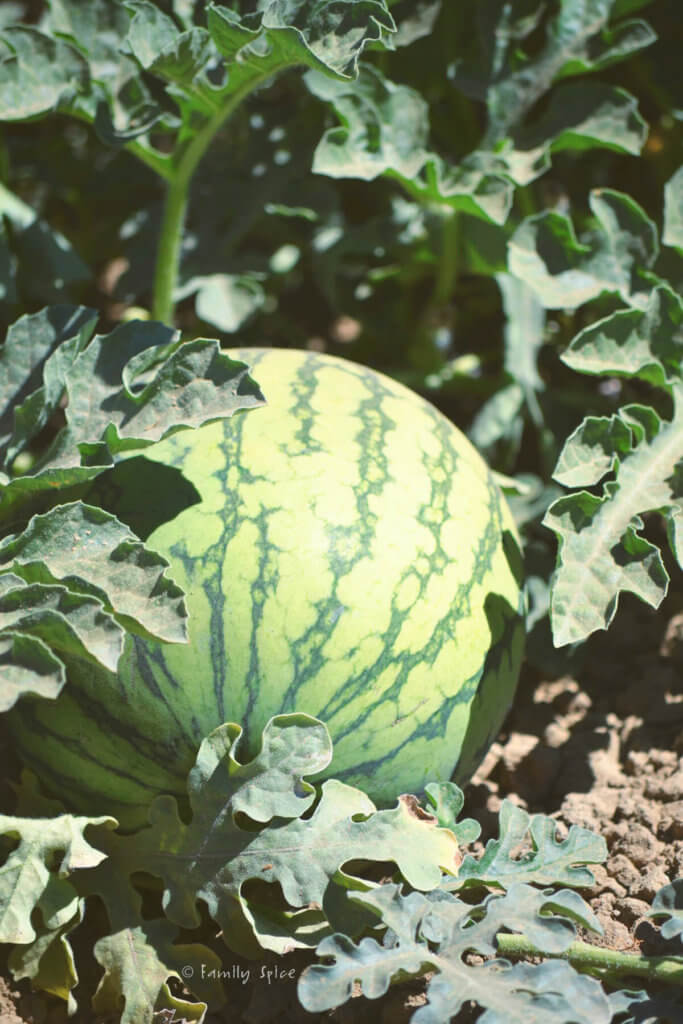
Odds are, if you have ever been in this region, you were driving through it, not staying for a visit. This is the stretch where you drive from SoCal to Vegas or Yosemite or Napa Valley. As my family takes many road trips, we have driven this stretch many, many times.
In spring, the area is green and blooming from the winter rains. By summer, it’s all dead and brown. And I mean BROWN. The only green you see are the farm fields and anything else watered by man’s hand. Water is a precious commodity, especially in Central and Southern California.
Here in San Diego, your water bill can break the bank. Those few tomatoes we grow in our garden are million dollar tomatoes. But again, we do not grow our garden to sustain ourselves, but as an education tool for our kids.
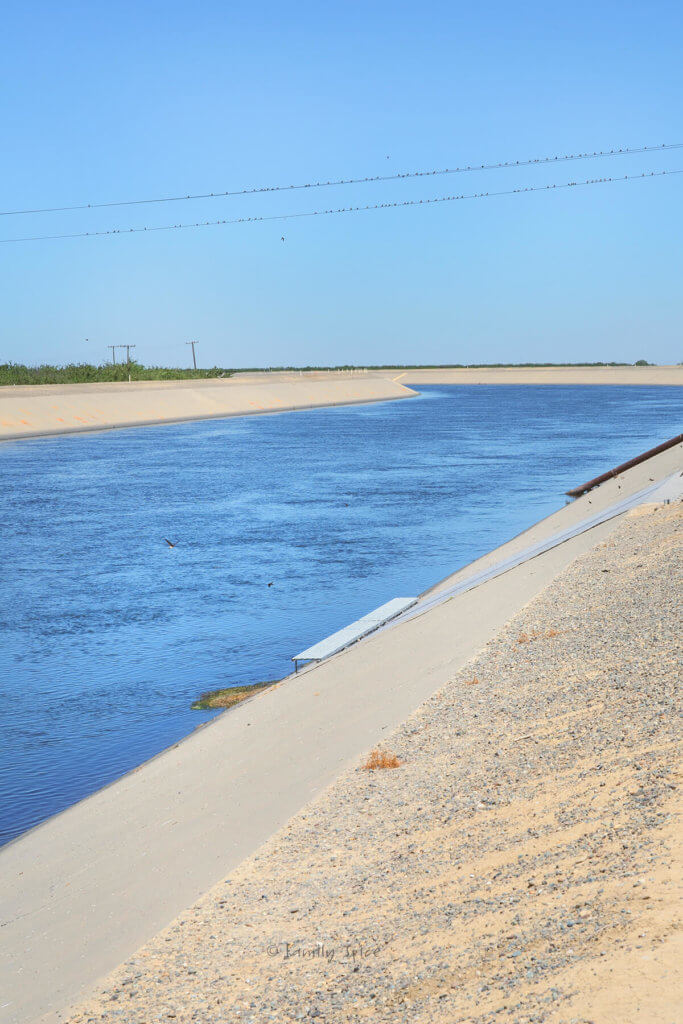
In the next few weeks I will be writing about what I learned in Fresno. The impact of this visit is more than I can fit into one post.
The farmers I met weren’t just strangers, but amazing heroes who are passionate about their livelihood, despite farming being one of the most grueling and unappreciated jobs around – more grueling and unappreciated than a stay-at-home mom!
These farmers took the time to talk to us, shared their bounty, and explained to us their passion for farming and their frustrations with the water supply.
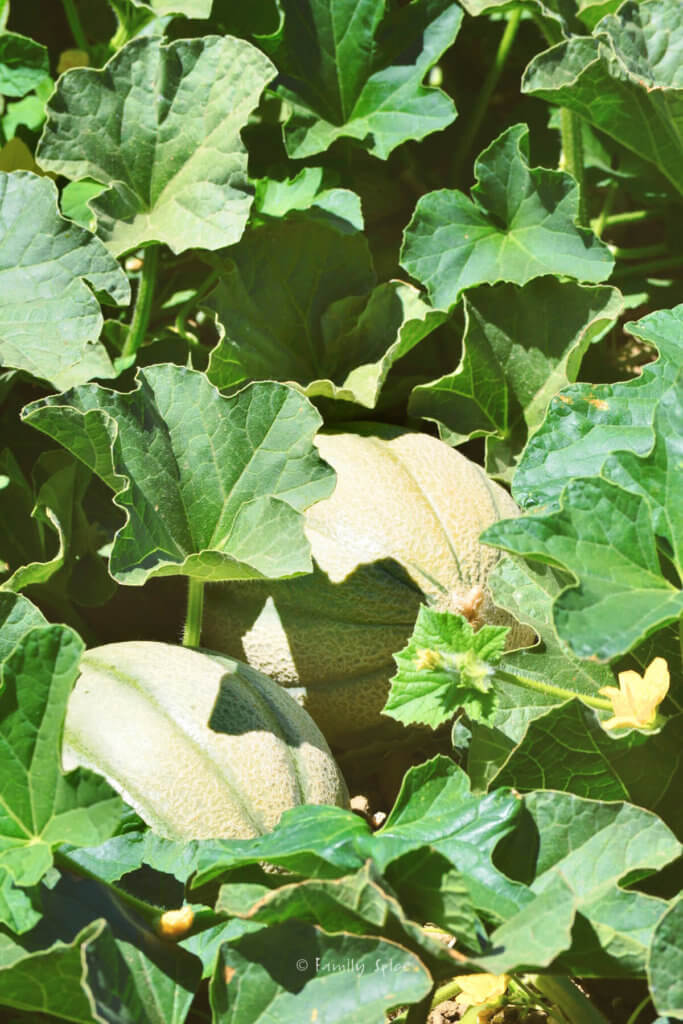
If I could, I would love to explain the intricacies and politics behind our state’s water supply. But after two solid days of power point presentations and long talks, I left feeling confused, angry and incredibly frustrated.
Our farmers are suffering from the water being shut off. Politicians are making policies that affect our food supply, but refuse to visit the farms and communities to see the economic impact caused.
I drove through a ghost town, Mendota, that was a few years ago the melon capital of the world. Today it holds 40% unemployment for those residents who stayed behind.
In California, 97% of all farms are family farms.
Did you know that California is the largest producer of peaches, plums, apricots and nectarines? And they are grown in this dust bowl.
It’s California, not Georgia, that provides approximately 60% of all the peaches grown in the U.S.
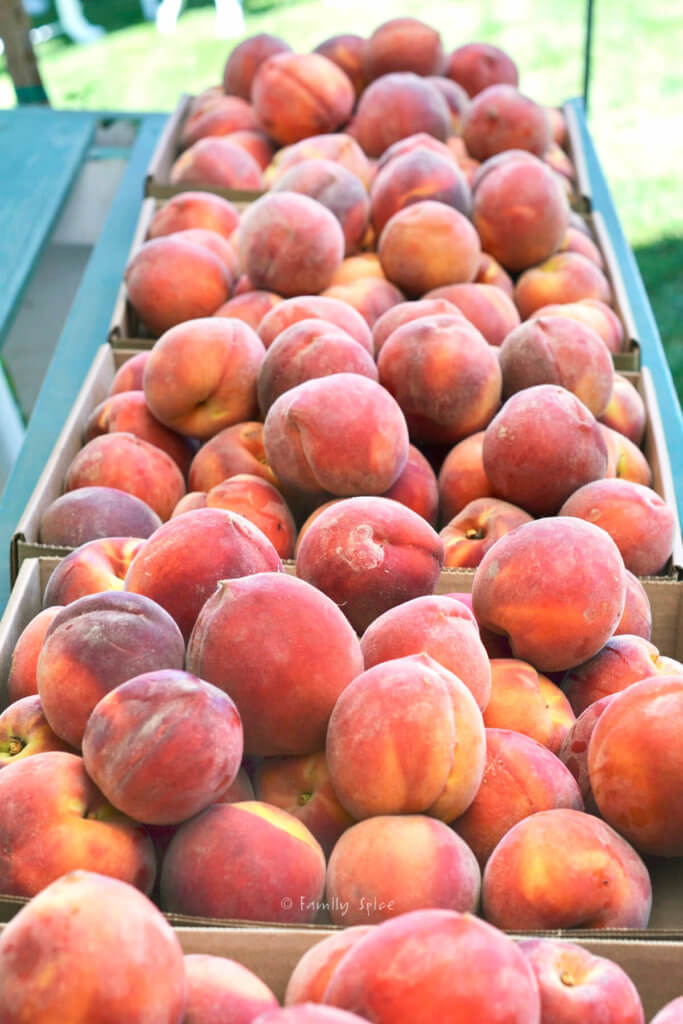
California produces approximately 88% of the nations strawberries.
With over 1,600 California family-owned dairy farms, they produce 20% of our nation’s milk production and is the second-largest cheese-producing state in the U.S.
Want more facts?
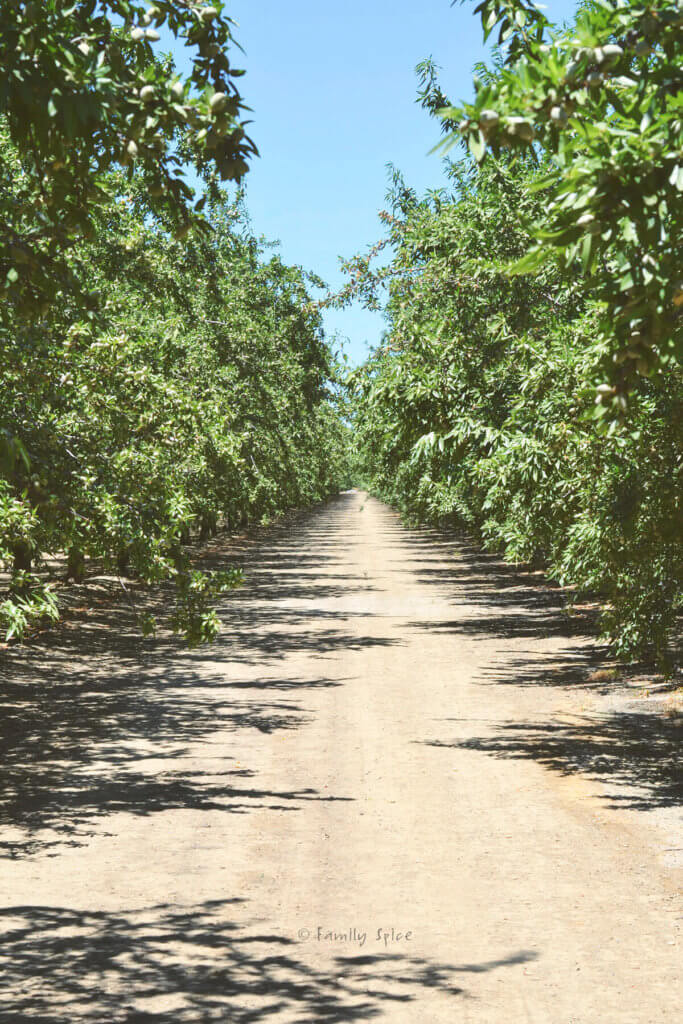
California supplies 99% of our nation’s almonds, artichokes, dates, dried plums, figs, garlic, kiwifruit, olives, olive oil, pistachios, raisins, table grapes & walnuts.
You shouldn’t be growing things where you don’t have the natural resources.”
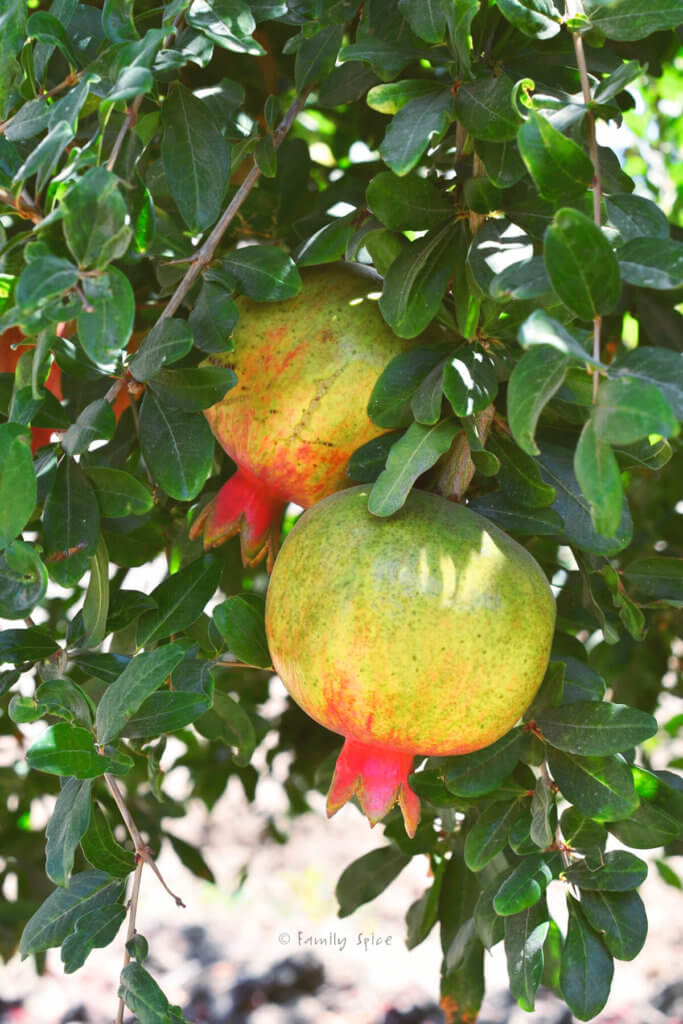
The dirt in this part of California is full of nutrients and is prime for farming. It is because of this hi-octane dirt that we are able to grow such a huge variety of produce in this state: things like pomegranate, kiwi and avocados.
Our California farmers used to have water. And because of a small fish, and a whole lot of politics, the water is no longer allowed to flow.
Some of you may be willing to spend bigger bucks on fresh produce, but those that live paycheck to paycheck will not. How can you teach the importance of eating fresh fruits and vegetables if it becomes too expensive for the average person to buy it?
Am I exaggerating the problem?
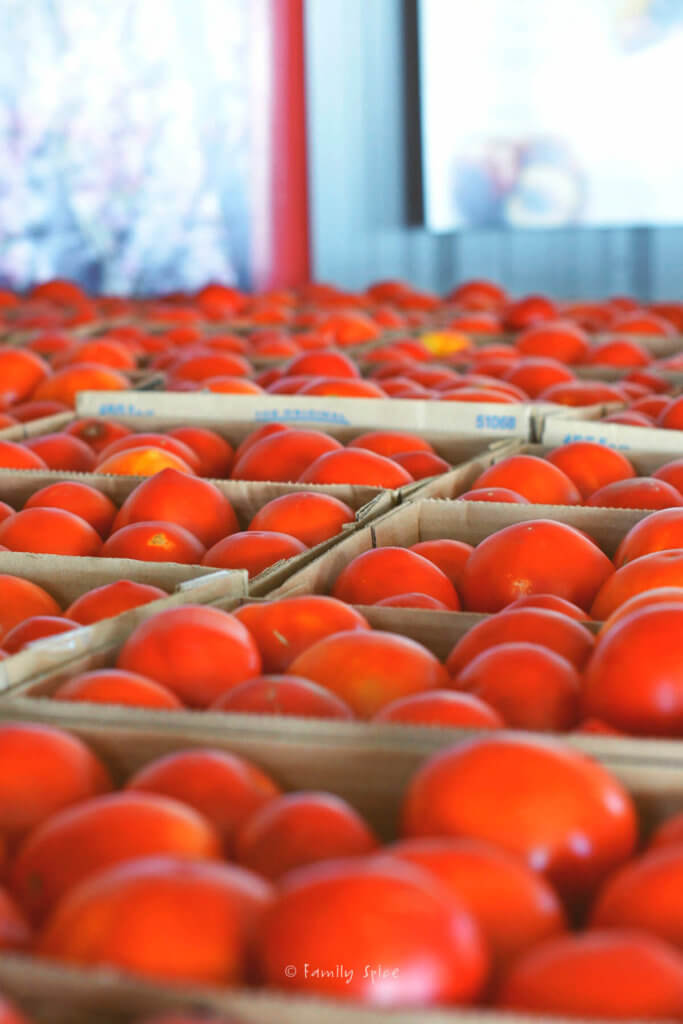
Not from what I saw. After a 20-year lawsuit with environmentalists, the economic impact of the new laws and regulations will not be reviewed for another 5 years or so. In my opinion, it doesn’t look good for our farmers or for us.
Californians need to learn to conserve.”
All the farms that I visited are masters at conserving water. One water district has all of their water pipes underground and the farms water their crops from underground. Nothing is wasted.
The ones that need to learn to conserve are us, the average consumer, not the farmer. How many times have you seen people washing their cars leaving their hose on to flow down the driveway? Do you leave the water running while you brush your teeth?
Do you run the shower full blast for 20 minutes? Do the millions of tourists staying in California hotels conserve water while they are here?
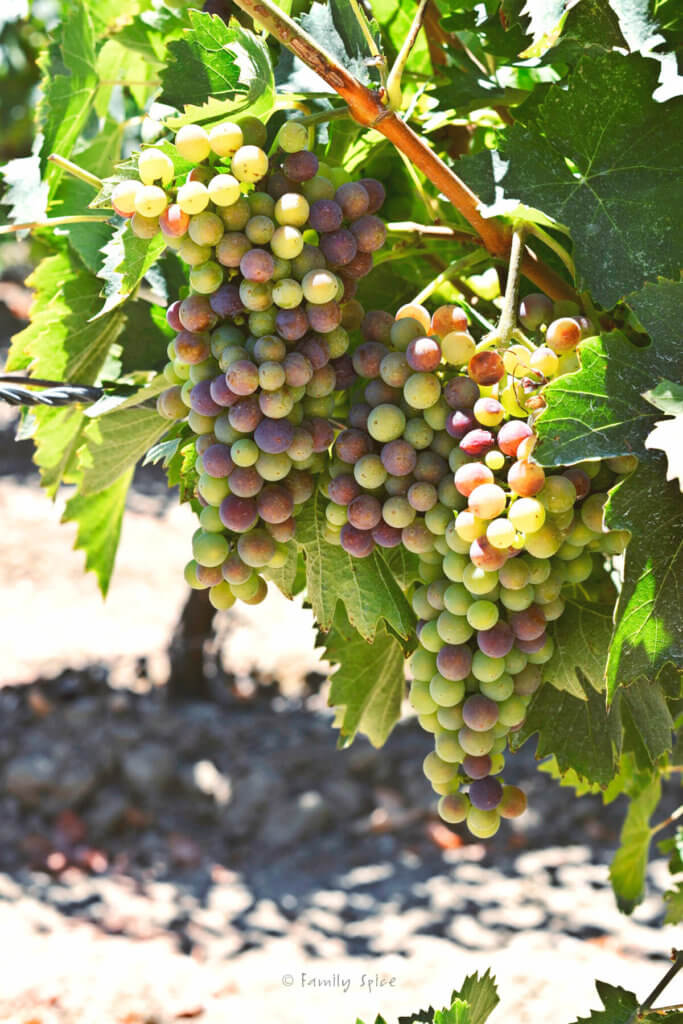
I don’t have all of the answers, but I do know that if California farmers can’t afford the water to grow the food we eat, it’s not just the U.S. but the rest of the world that will suffer.
In the next few weeks I will feature the farmers I met, rock stars in my opinion, and share recipes using the produce that they grow. In a world where a dingaling rich heiress gets more press and attention than the plight of the underdogs, these farmers deserve a little love and notice. Here is my post about my tour of Wawona Frozen Foods.
Remember, food grows where water flows.
More about the California water crisis written by:
- The Jolly Tomato, Farm Water and Farm Fresh Foods
- Mimi Avocado, Mimi Avocado Takes a Farm Tour with California Farm Water Coalition
- Bibberche, Wet Your Whistle: Do You Know Your Water?
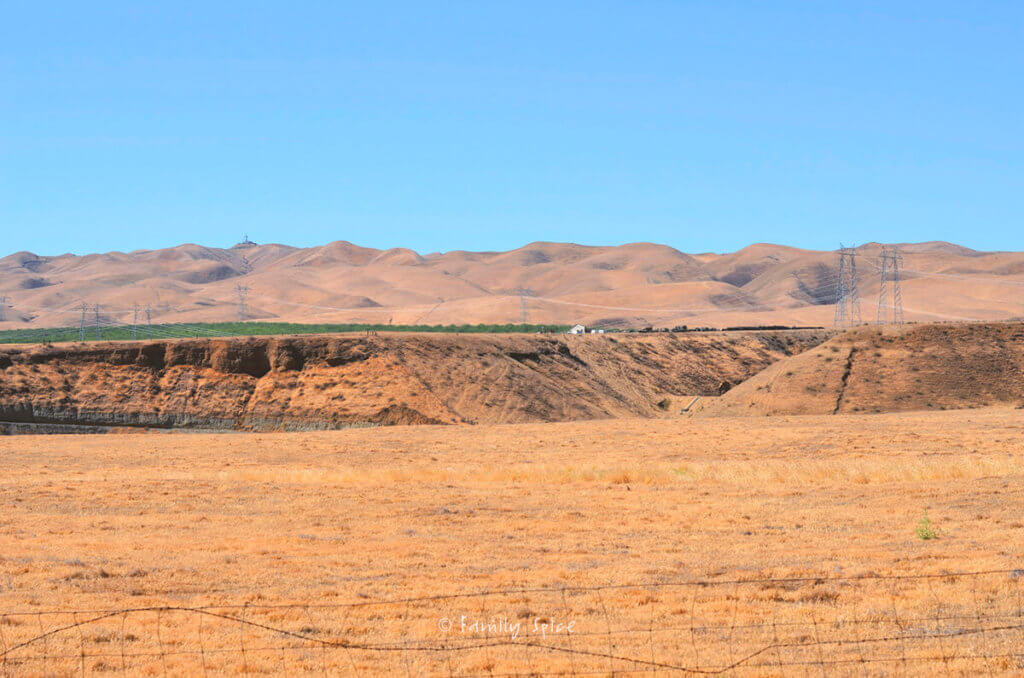
Disclosure: The California Farm Water Coalition paid for my trip and stay in Fresno, California. I was not compensated in any way to write this post. I was not asked to express a political opinion, except to write about my trip, in my own words. The views and opinions I expressed is 100% mine.

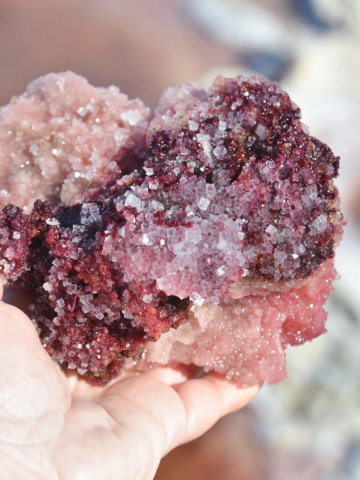
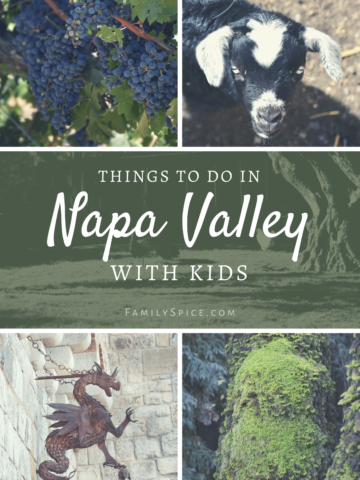
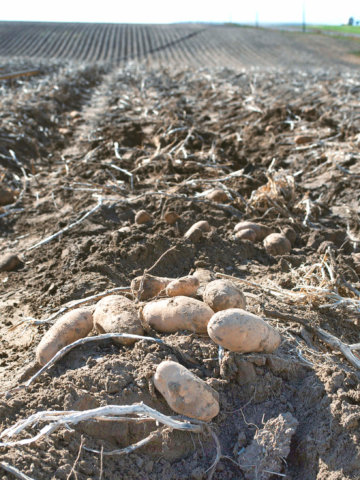
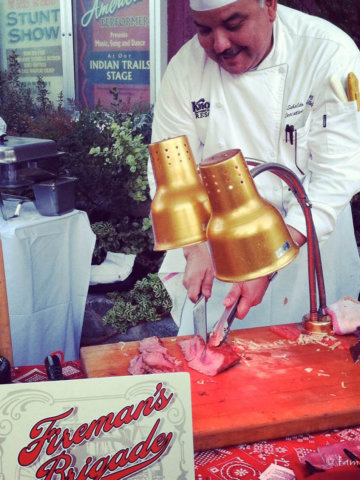
I fear for the people of America. Because of environmentalist a little delta smelt fish that does nothing for the environment, is destroying our farmers, our food, and this is their plans. It is all political. These farmers are getting desperate and are going to have to sell their prime land. And guess what? The big boys, that line the pockets of the government, have been feeding politicians millions of dollars to get their way for sometime now. An example: watch how fastArcher,Daniel Midland gets an entry into buying up all those farmers land, opening up the waterways to grow… Read more »
I’m glad to see you writing about this! I’m not from Cali, but I’ve read articles about this situation for years, but only seen one major TV presentation of the problem several years ago (may have been others that I missed). The politicians turned off the water and refuse to turn it back on, leading to devastation. I’ve been amazed that people in California didn’t seem to care, but didn’t realize that many there may not know about it??? Keep talking about it!
The California Water shortage would not exist, if not for environmental politics/lawsuits. Better the snail darter goes extinct than farms 7 farmers. The farmers are right; food grows where water flows.
This was very informative . I hope our elected representatives read this!
Laura this was our first trip together and I must admit we had a ball!
We enjoyed the places we visited, the farmers we meant, and most of all respected the water issues we currently have been dealt with here in California.
Your post certainly reflected what we learned from this week in Fresno!
Thanks for this educational post, Laura. It’s sad how much we take water for granted.
I am glad you had a chance to experience first-hand what farmers have to deal with in order for us to be able to buy food at the grocery stores. Your article is beautifully written, informative, and eye-opening, and I hope a lot of people get to read it! I have a small tomato and herbs garden in our front yard and I feel bad every time I water the plants. Just like you, I am trying to educate my girls on the origins of food, and efforts it takes to grow it, but at the same time I have… Read more »
Laura: I am SO glad you are writing these articles. Both so I know more about what is happening in California and also so I can compare with our situation here in Australia. I echo much of what Maureen has said: and she is originally an American gal now firmly entrenched in this country. Oh yes, to water our vegetable beds and pots, we often have to use sullage water. And even tho’ our dams here in New South Wales [Maureen lives north in Queensland] are close to full, if people only looked, we are meant to water before 10… Read more »
Great post! Water is incredibly valuable. I used to live in Florida, which has the distinction of being essentially a desert surrounded by water, and much of it has massive water problems (it rains like the dickens during the summer, and is quite dry the rest of the year). So I know first hand about watering restrictions and so forth. The water problems in California go way way back – well over 100 years, and it’s really a complicated subject. And one I know very little about – thanks for the education!
Thanks for bringing this awful problem to light. As a Californian also, it’s alarming to see our natural resources go to waste. I’ve seen the signs while driving on the 5 but didn’t realize the extent of the problem.
Thank you for sharing this, Laura! I think you’ve definitely hit on something with the attitude of us consumers (myself included) – we think of water as something that is just supposed to be there, as much as we need, whenever we need it. The reality is a lot tougher and a lot more complicated – especially if you are trying to run a farm. Thank you for getting the issue out there, and for your beautiful photographs!
Great article Laura .. looking forward to reading the next installments! This is a huge problem in California and one that most people have no idea about. Thank you for taking the time to learn about this issue and for sharing it with us!!
Great post Laura! Thanks for taking the time to come out and learn about the importance of water and how vital it is to our food supply. You did a fantastic job of getting that point across throughout this post. We look forward to reading more!
Thank you for educating us through this great post Laura.
Very interesting! Thanks for sharing.
As California avocado growers, we were told suddenly that our water would be cut 30% ad we years ago. We watched in horror as neighbors chose to abandon their groves in response to higher water prices. Meanwhile, landscaping was not affected, the public was not told what was happening to farmers, and now there are millions of people out of work, land laid waste…
Thank you for illuminating the horrendous waste and impending disaster. The world needs quality food that they know is healthy and safe to consume. Excellent post…can’t wait to read your future stories!
Living in Australia, the Earth’s dryest inhabited continent, everyone is educated about water. There are often water restrictions. During the last drought we kept buckets in the shower to water our pot plants because we weren’t permitted to run the hose.
Education about water conservation begins with young children. Our toilets are double flush – tiny flushes for water only. We’re told that 3 minute showers are enough.
With a worldwide food crisis coming, everyone’s going to have to watch their water consumption because without water, there’s no food and no us. Great post.